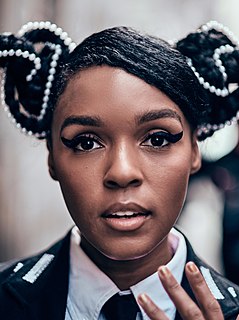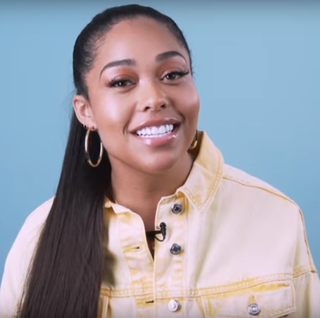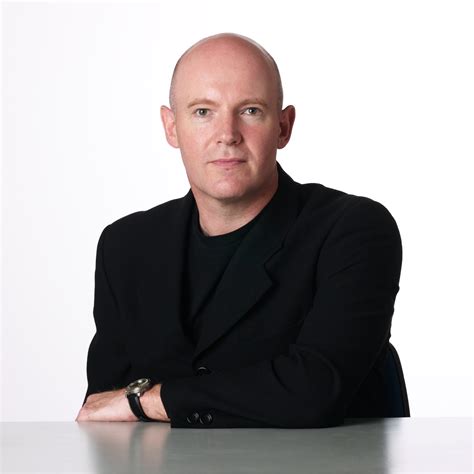A Quote by Naomi Scott
Related Quotes
Another one of my favourite sayings is, you can't handpick your audience. I feel like I'm making music for people who think like me about music, and that takes a lot of different forms. I could never generalise - but I think if I were to generalise, I'd think that you would say that most of my fans are music lovers who are looking for something outside of the mainstream: maybe a little bit hard to pin down, a little bit hard to categorise.
The fact that there's all these really messed-up people on the Internet is not a statement about the Internet. It is a statement about those people and what they do, and we need to basically say that you guys are doing something unacceptable and not generalise it into a comment about 'this is what's happening to the blogosphere.'
I'm always thinking about young people first when I'm writing music. Whenever I can reach that young person and inspire them to go after their own dreams, start their own movement just like I did with Wondaland. Starting their own tribe and showing people that we are not all the same, we're not all monolithic. I think that's what it's all about for me.
I'm not the type to generalise about an entire generation. I think the most general thing I can say, is that things are way more dispersed, and way more de-centralised than they were twenty years ago. I don't really feel like people talk about my generation the way people would talk about Generation X in their early 90's when Nirvana blew up. I feel like there was an easier, more coherent narrative to find, than you can now.
Most people I meet are secretly convinced that they’re a little crazier than the average person. People understand the energy necessary to maintain their own shields, but not the energy expended by other people. They understand that their own sanity is a performance, but when confronted by other people they confuse the person with the role.
It's dangerous to generalise about sound because many of its effects work through association. These can be universal: we all instinctively associate any sudden, unexpected noise with danger and react with a release of fight/flight hormones, while most people find sounds like gentle rainfall or birdsong calming and reassuring.
What I have learned from the teachers with whom I have worked is that, just as there is no simple solution to the arms race, there is no simple answer to how to work with children in the classroom. It is a matter of being present as a whole person, with your own thoughts and feelings, and of accepting children as whole people, with their own thoughts and feelings. It's a matter of working very hard to find out what those thoughts and feelings are, as a starting point for developing a view of a world in which people are as much concerned about other people security as they are about their own
The positive thing about collaborating is that I cannot get distracted by coding work, because I cannot waste the other collaborator's time in the same way as I can my own. And it's always good to learn how the other person works, learn about techniques, learn social things like: how do you communicate with another person? The music I make with other people I'm much more confident about, I'm a little bit less judgemental of the outcome than with my own stuff because I know it's not only me, it's a more outside of me. Sometimes I even like them better than my own tracks.




































